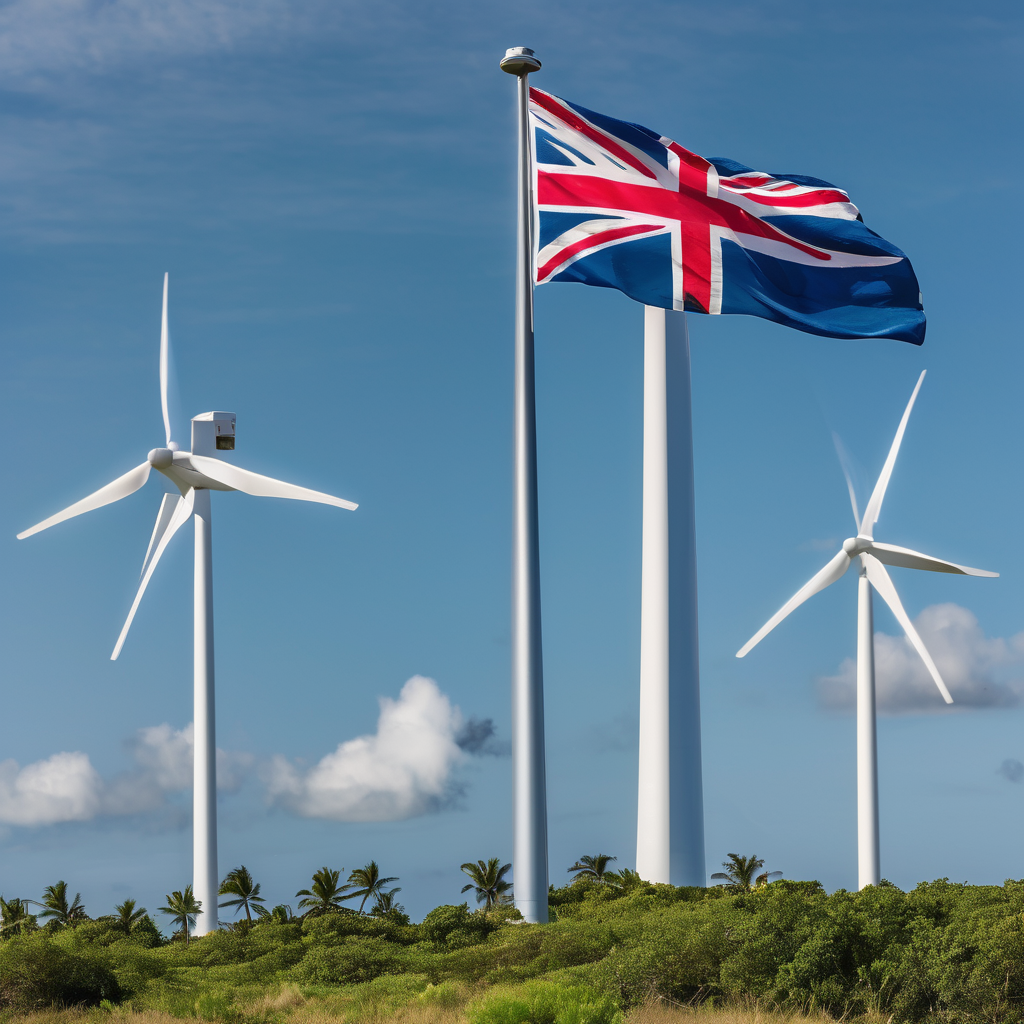Fiji has announced an ambition to increase its energy sector emissions reduction target from 30% to 36%, showcasing its commitment to tackling climate change. This decision was unveiled by Prime Minister Sitiveni Rabuka during the UN Secretary-General’s Special High-Level Event on Climate Change, complementing the 80th United Nations General Assembly in New York. In his address, Rabuka emphasized Fiji’s dedication to leveraging indigenous and renewable energy forms while phasing out fossil fuels, effectively setting a robust path towards sustainability.
This elevated target is a fundamental part of Fiji’s updated Nationally Determined Contributions (NDCs), which act as a pivotal framework to secure international support aimed at boosting financial, technological, and technical capacity. Prime Minister Rabuka articulated that these contributions are crucial for the nation to access international assistance, ensuring progress in its domestic climate initiatives. Furthermore, Fiji remains steadfast in its goal to generate 100% of its electricity from renewable sources by 2035, reinforcing its climate strategy.
In line with this progressive agenda, Rabuka used the platform to challenge major carbon-emitting countries, urging them to adhere to international statutes and scientific guidance. He referenced a recent ICJ Advisory Opinion confirming states’ legal obligations to mitigate climate change impacts and called upon significant polluters to implement rapid and substantial measures to reduce greenhouse gas emissions ahead of COP30 in Belém, which he marked as a potential turning point in global climate efforts.
This announcement is part of Fiji’s broader strategy to lead by example in renewable energy adoption, evident from past discussions such as those led by Dr. Sivendra Michael at COP29. Here, Michael called for substantial renewable energy investments and emphasized the need for larger economies to set robust NDCs and support technology transfers. Fiji’s strategic focus on reducing reliance on fossil fuels aligns with its overarching goal of achieving net-zero emissions by 2050, a target reinforced by the nation’s Climate Change Act.
Fiji’s journey towards a sustainable future reflects its proactive stance in global climate advocacy, setting inspiring precedents for other nations. Through strategic partnerships and robust international cooperation, Fiji aspires to transform challenges into opportunities, setting a hopeful trajectory towards a resilient and sustainable future for itself and similar small island developing states.
